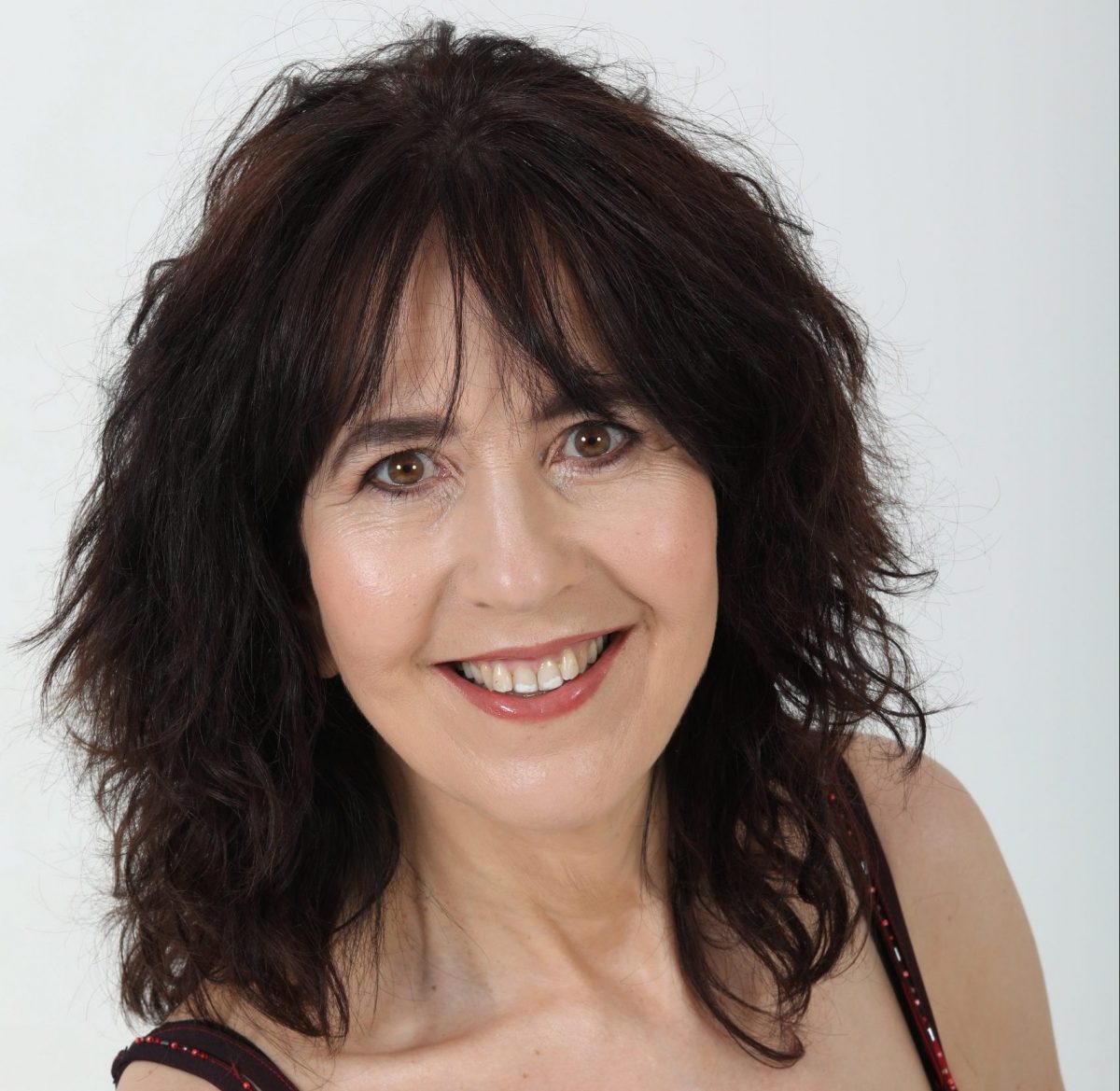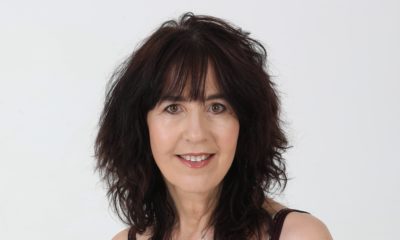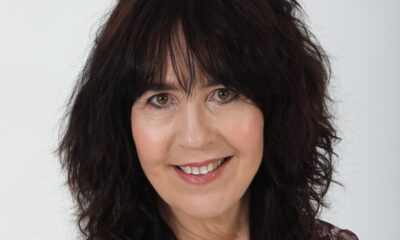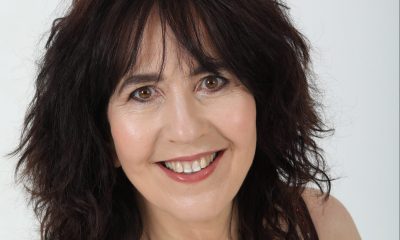
The Jewish Report Editorial

Survivor stories must be told
Do you believe you have heard enough or too many hostage stories? I’ve heard people say that it’s enough with the hostages in the SA Jewish Report. Some people have claimed that stories from 7 October 2023 have also had their day. Time to move on…
I think not, and I don’t apologise for it. While I realise that this week we have quite a number of Israeli guests in South Africa who have agreed to tell us their experience of being held hostage in Gaza and surviving the 7 October massacre, it’s never too much.
I had the incredible opportunity to be at Sandton Shul on Monday night, to hear the testimonies of 22-year-old Almog Meir Jan; Eliya Cohen, who was recently released from Gaza; and his fiancée, Ziv Abud (see page 10). Since 7 October, I have heard and read so many testimonies. And when I heard these three young people telling their stories, I was as astonished, heartbroken, and inspired by them.
They shared the most painful experiences of their lives with us – more painful than most people ever experience. It must have taken so much courage and strength. As I understand it, Cohen wasn’t planning to talk but felt encouraged to do so by the support and strength of our community.
Every time we hear a testimony, we bear witness to what happened. This is their history, and it’s ours. In the same way that so many in the world deny the horror of what happened on 7 October and the despicable treatment of Israeli hostages, we need to bear witness to what happened.
These are our people. These are their stories. These are their lives, and the horror of what happened to them is our horror. Truth is, it could have happened to us. It could have happened to people we love. This will become our history, but it’s now present tense.
In the same vein, there are people who aren’t interested in Holocaust stories. Again, this is our history and these are our stories, even if they didn’t impact on us personally.
Growing up, I remember finding it difficult to relate to the Holocaust. Six million of our people perishing was impossible to absorb and understand completely. It all seemed so removed from our cushy lives in South Africa.
However, it has since become clear that it could have happened to us. And when I went to Lithuania a few years ago and found the mass graves in which my own cousins had been thrown after being shot, there was no escaping how close this genocide was to us.
We said then: “Never again!” But on 7 October, Hamas did its best to destroy any and every Jew its terrorists could get their hands on. And it didn’t end there, because they took 240 hostages, 59 of whom are still being held.
Hamas’s treatment of them was and still is appalling – they are starved, tortured, abused, and who knows what else.
It’s essential to hear from those who are back home because we cannot lose sight of the fact that we have to get the remaining hostages home. The war isn’t over until all the hostages are home.
I do understand that there’s a lot more news, views, and features that need to be told to our community, and we won’t ignore them. We make every effort to bring you everything relevant that might interest you. So, we won’t tell these stories in isolation, but we’ll continue to bring you these stories.
Now when we say, “Never again!”, it’s no longer something that can be seen as an empty promise or something easy to fulfil. It is something we have to consciously guard against always.
When I was growing up, antisemitism never seemed to be something that could harm us. It’s different today.
I bumped into someone I worked with many years ago, and she asked me what I was doing. When I told her I edited the SA Jewish Report, she visibly jumped back from me and said, “That’s terrible!” I must have appeared shocked, and she just looked at me and muttered that she had forgotten I was Jewish before rushing off in the other direction.
I keep trying to find an explanation other than antisemitism for her behaviour. While I cannot fathom why people feel this about us, it’s there. Because of that, we need to be sure that the Holocaust or the 7 October massacre never happens again. Never!
The only way to do this is to know exactly what happened, to whom, and to keep hearing and reading about the events so that we cannot erase it from our minds.
Part of hearing these Israelis’ stories is recognising the bravery, the resilience, and the deep-seated strength of our people. We keep hearing the horrors of what they experienced, but we’re also hearing about their and others’ heroism.
Abud spoke about the 22-year-old off-duty staff sergeant, Aner Shapira, who tossed seven hand grenades thrown into the shelter by Hamas terrorists back out of the shelter before they could explode. He didn’t survive, but he saved many people in the process with his heroism.
We hear stories about people who didn’t live in the south of Israel, but on 7 October, they left their homes and went down south to help fight terrorists. These were heroes. There are so many such stories because we are a nation of survivors.
Shabbat Shalom!
Peta Krost
Editor
This week, we are offering you a value-add to our publication. We are launching our A4 PDF edition of the SA Jewish Report. As we encourage people to go online, although we are not about to stop printing at this point, some prefer to read the hard copy newspaper. So, we’re offering an alternative. You can print out our A4 edition of the newspaper on your home printer. So, you can still have a Shabbos read without having to seek out a printed edition of the newspaper. Please let us know your thoughts!










